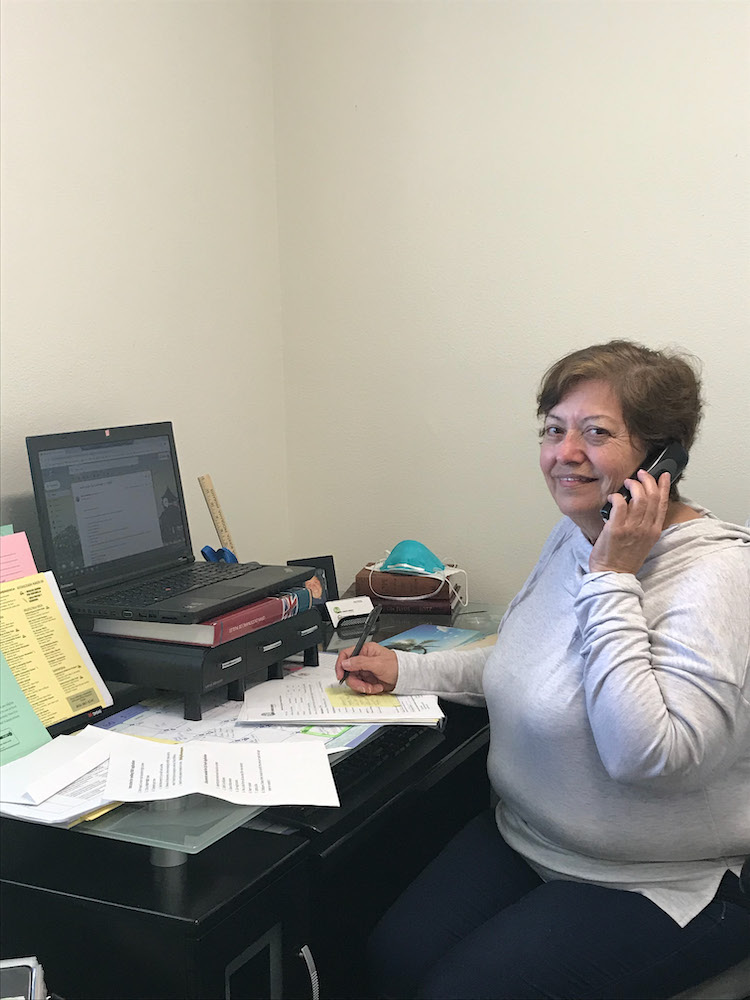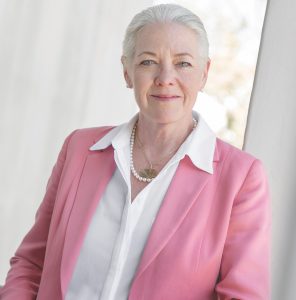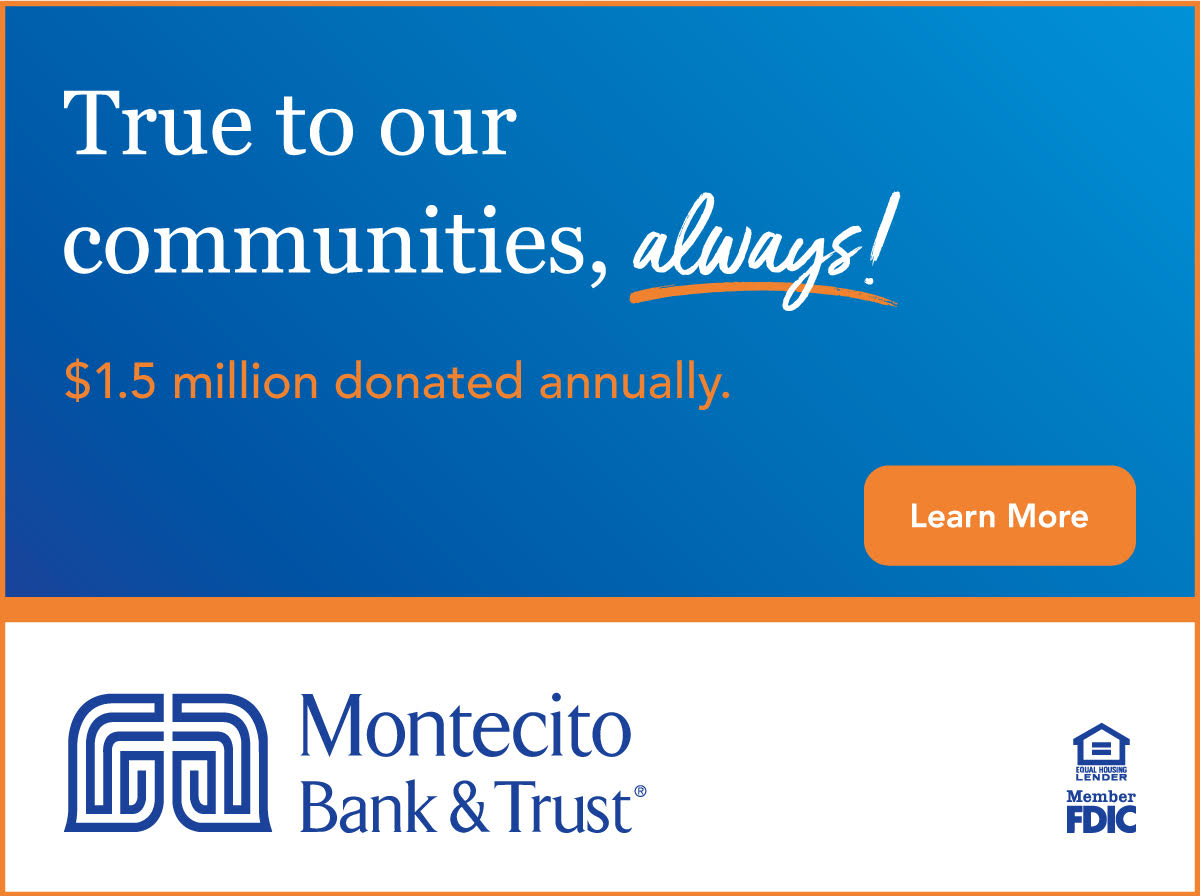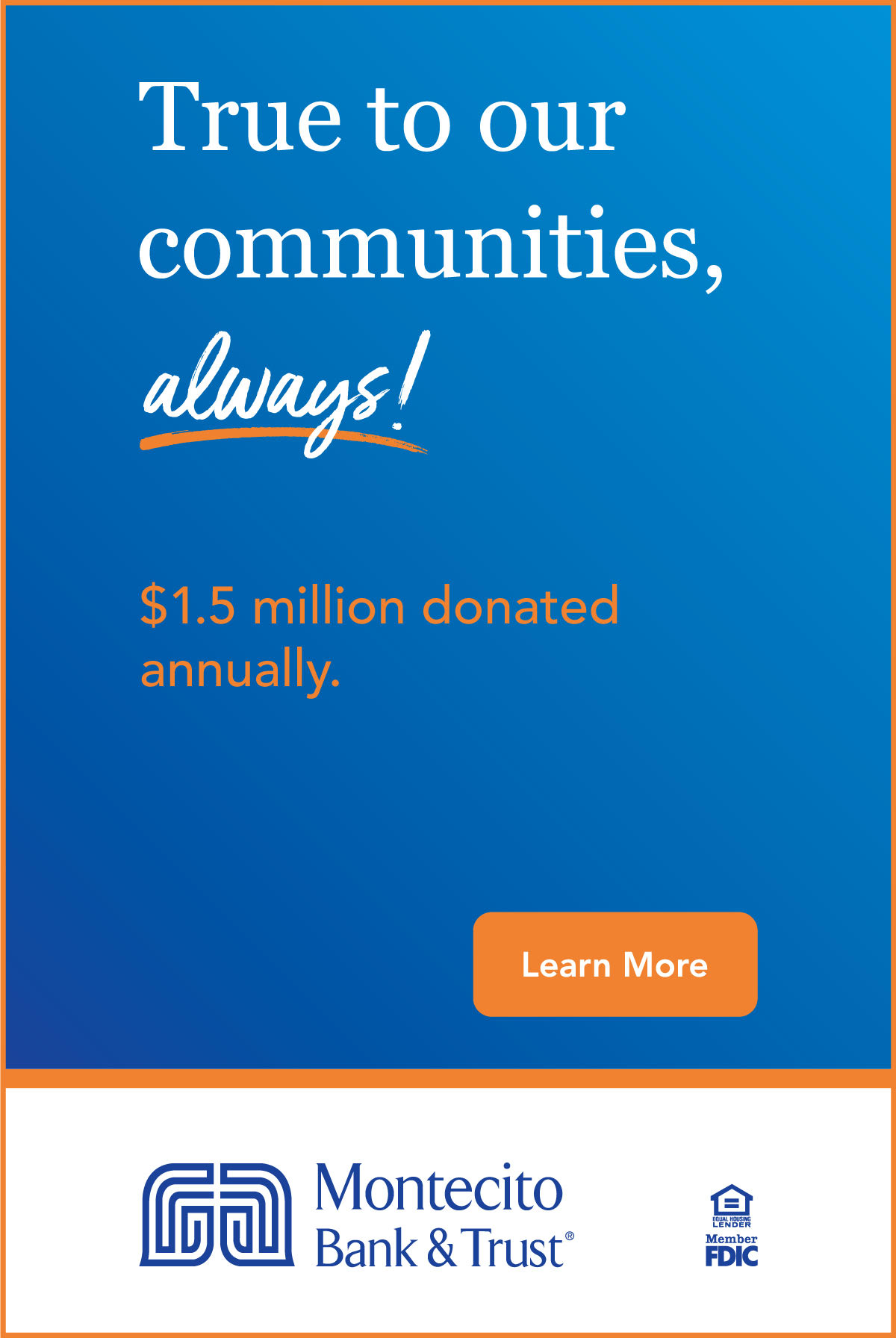Family Service Agency

Seniors experiencing depression or related mental health challenges have a new resource to help them retain their independence and improve quality of life thanks to a recently-launched program from Family Service Agency (FSA). PEARLS – an acronym for the Program to Encourage Active, Rewarding Lives – utilizes an evidence-based approach to reduce symptoms of depression through active problem solving. Modeled after a health promotion program developed by the University of Washington, PEARLS pairs participants with a professional coach who teaches core skills for solving practical problems during six to eight sessions conducted over the course of four or five months.
Particularly valuable for older adults who may not find other mental health programs to be a good fit, the PEARLS sessions take place in the older adult’s home or at a community-based setting that is more accessible and comfortable, although the dynamic program also allows for coordination with a participant’s current health care providers where appropriate.

Empowering, education, and connection is at the core.
“We know that when people age, there are many changes they experience – their own physical health, losing friends or family members, dealing with retirement. But there’s not a lot of help out there about how to adjust,” explained Lisa Brabo, FSA’s CEO. “It’s a lot to deal with and studies are showing that there’s a big increase in anxiety and depression, and also, most tragically, in suicide attempts. Getting older is as hard a job as being a parent, and it’s normal to need help.”
With the PEARLS program’s time-tested effective methods, mental wellness can be vastly improved with a “lesser intervention” that doesn’t require therapy, Brabo said.
“It helps address the needs before they get to the therapeutic level, helping people to adjust to these changes in their lives, and figure out ways that they can make changes in their own life so that they feel more comfortable with what’s happening,” she said. “That could be their activity level and exercise, or something to do with socialization and increasing social engagement. The PEARLS program addresses those things that can help us to feel calmer, more balanced, and have a clearer understanding of what the components are so that we can be okay moving forward, even as changes continue in our lives.”
The PEARLS program is free to all Santa Barbara County residents through a grant from the Mental Health Services Oversight and Accountability Commission (MHSOAC) for a pilot program that began in October.
But it’s not only seniors that need support with mental health services. The escalation was clearly identified in Cottage Hospital’s 2022 Community Health Needs Assessment (CHNA), which identified several areas regarding anxiety, depression, mental illnesses, and disorders. The CHNA also found Latino residents, people with low incomes, and those with less education suffer the most from health disparities. And virtually everyone can feel overwhelmed trying to negotiate through all the avenues, agencies, and providers in the sector to find whatever help they need.
That’s why FSA concurrently created its new Mental Health Navigator program to help people cut through the maze and get the support they need. The program, which also began in October through a grant from the Woman’s Fund, provides assistance to assist those in need in accessing mental health services.
“Quite simply, we don’t have enough therapists in the county to meet the need and many organizations and individual private therapists have long waiting lists,” Brabo said. “The Navigator works one-on-one with people to see where they are at, what they’ve done so far to access services, and then helps with additional steps that they can take. We help by compiling what resources are available, including with our own staff. We might know of an agency or an individual that’s really a good fit for their needs or perhaps has a shorter waiting time, and then we go over the details of what needs to be done. Help them place a phone call or fill out the paperwork so that their next step is successful in having access to therapy, and even overcome barriers such as transportation or childcare. We’re always trying to find a way to work it out.”
Sometimes the stressor is actually a basic needs issue – food for the family, clothing for the kids – which FSA then can address directly by forwarding the client to the organization’s own services or with many of its nonprofit partners.
“We’re really assessing the needs across the board, and then work to get them stabilized so they can carry on with their lives,” Brabo said.
PEARLS and the Navigator are recent additions to FSA’s long history that reflects both the changing philosophies of social service work over the past century and the evolving needs of Santa Barbara County’s population. When the Great Depression of the 1930s threw thousands out of work, the Agency responded with several employment programs. When the disastrous Painted Cave Fire destroyed over 500 homes in 1990, FSA was there to help find housing for the displaced and to counsel traumatized victims. And in the pandemic, FSA responded with a whole host of services.
Santa Barbara has a proud history of aiding the less-fortunate members of the community and Family Service Agency has played a major role in that heritage.
FSA lends a helping hand when necessary, providing solutions to immediate needs, but the agency has never been solely about charity. Education is at the core of its myriad programs, and the organization works to instruct and enable people to help themselves, providing essential tools for increased long-term self-sufficiency.
Nowadays, through its wide array of programs over seven locations throughout the county, Family Service Agency annually provides services to more than 25,000, and in the calendar year 2022 topped 26,000, with 80 percent of services delivered on school campuses, at community centers, or in clients’ homes. Looking forward, the organization will celebrate its 125th anniversary in 2024, another milestone in its many years of service to the community and commitment to continuing to evolve and expand its programs, and demonstrating its continued relevance and effectiveness in meeting community needs.
Visit fsacares.org for more information about FSA, to research and inquire about services, or to make a year-end gift or any other type of donation to support the organization’s new programs as well as its many successful existing ones.
Family Service Agency
https://fsacares.org
(805) 965-1001
Family Service Agency
Donate now!www.fsacares.org
CEO: Lisa Brabo
(805) 965-1001 ext. 1240
Mission
Our mission is to strengthen and advocate for families and individuals of all ages and diversities, helping to create and preserve a healthy community.
Begin to Build a Relationship
We know you care about where your money goes and how it is used. Connect with this organization’s leadership in order to begin to build this important relationship. Your email will be sent directly to this organization’s director of development and/or Executive Director.
FSA has always found a way to help those in need, expanding the depth of its programs when necessary. It is truly an asset to our community.
Help Those Most In Need
With the recent release of the Surgeon General’s report highlighting the severe challenges and stress parents are facing now, the Family Service Agency’s programs are in need now more than ever. Flexible funding helps FSA provide holistic support to multigenerational families throughout Santa Barbara.
Here’s how you can help:
•$100 – Buys a week’s worth of groceries for a family of four.
•$250 – Helps a family enroll in health insurance and access other critical services as part of their Family Support Services Program.
•$500 – Provides support for Youth Mental Health First Aid, a program that provides tools for caregivers to recognize and address mental health issues early on with their children.
•$1,000 – Pays for three months of mental health counseling for a senior or caregiver.
Board of Directors
Co-Presidents
Robert Janeway
Tricia Price
Co-VPs, Programs
Arianna Castellanos
Edward Tran
VP, Development
Maria McCall
Co-Treasurers
Blanca Mejia, J.D.
Linda Sessler
VP, Governance
Teressa Johnes
Secretary
Patty Herrera
Board Members
Shawn Carey
Courtney Cazenave
Paul Cordeiro
Ed Galanski
Alex Murkison
Ward Rafferty
Nancy Saengjaeng
Paul Van Meel


